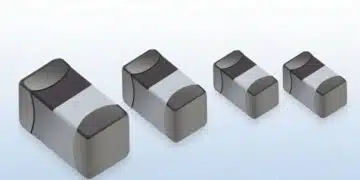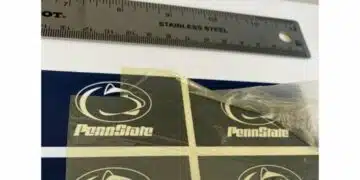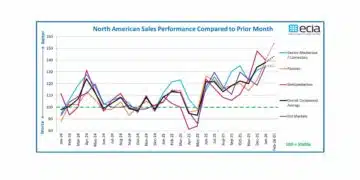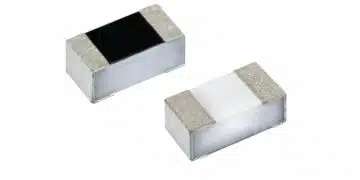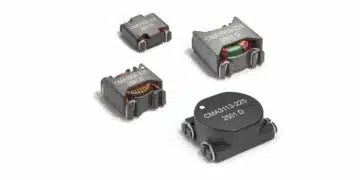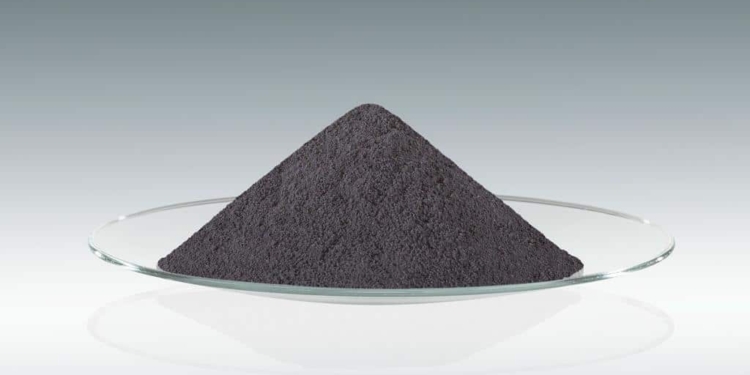source: H.C.Starck news
Munich, January 26, 2017. H.C. Starck, one of the world’s leading manufacturers of technology metals and advanced ceramics, has once again received certification for processing of “conflict-free” tantalum raw materials – the sixth year in a row the company has done so. Unlike in past years, the adjustment of the structures under corporate law meant that this year’s audit included the newly founded subsidiary H.C. Starck Tantalum and Niobium GmbH and the associated company H.C. Starck Smelting GmbH & Co. KG. This means all subsidiaries that process tantalum at the Goslar, Mito, Tokyo, Map Ta Phut, and Laufenburg locations remain certified. The audit was performed by the independent company SGS, acting on behalf of the Electronics Industry Citizenship Coalition (EICC) and the Global e-Sustainability Initiative (GeSI) as part of the Conflict Free Smelter Program (CFSP).
“It is and remains a key pillar of our raw materials strategy that we source and process tantalum exclusively from demonstrably conflict-free sources,” says Dr. Jens Knöll, Chairman of the Executive Board of H.C. Starck GmbH. “We focus on achieving the greatest possible transparency on this subject, and we are pleased to have met the stringent CFSP criteria once again. This speaks particularly in favor of the functioning structures and control mechanisms in place at H.C. Starck.”
Among other things, H.C. Starck successfully showed that the companies have integrated a globally valid strategy to exclude raw materials that serve to finance or benefit armed groups into their business processes. H.C. Starck also proved just as unambiguously that the companies have implemented the system for gap-free tracing of the raw materials processed back to the conflict-free mine.
At H.C. Starck, the second pillar of a fair and sustainable raw materials strategy – aside from cooperating with proven conflict-free raw materials producers – is recycling of secondary raw materials.
“Over the past several years, we have built up a high level of expertise at our company in order to ensure a secure, sustainable supply of raw materials now and into the future. These investments have paid off: Recycling of technology metals is now definitely one of our core competencies,” Dr. Knöll says. “We can already secure a large part of our demand for high-quality, high-performance metal powders from the processing and further processing of production residue, slag, and scrap. That’s our contribution to sustainable, environmentally friendly procurement of raw materials.”
H.C. Starck unconditionally supports the position of the EICC, OECD, and EU of not purchasing, processing, or reselling any raw materials that serve to finance or benefit armed groups. The company actively supports its customers in fulfilling their duties of care and disclosure in accordance with the guidelines set by the U.S. Securities and Exchange Commission (SEC). H.C. Starck is a member of the ITRI Tin Supply Chain Initiative (iTSCi), which has developed a highly regarded tracing system for transparent procurement of raw materials from areas of conflict and regularly checks implementation of this system among its member companies.
featured image: tantalum powder, source: H.C.Starck



